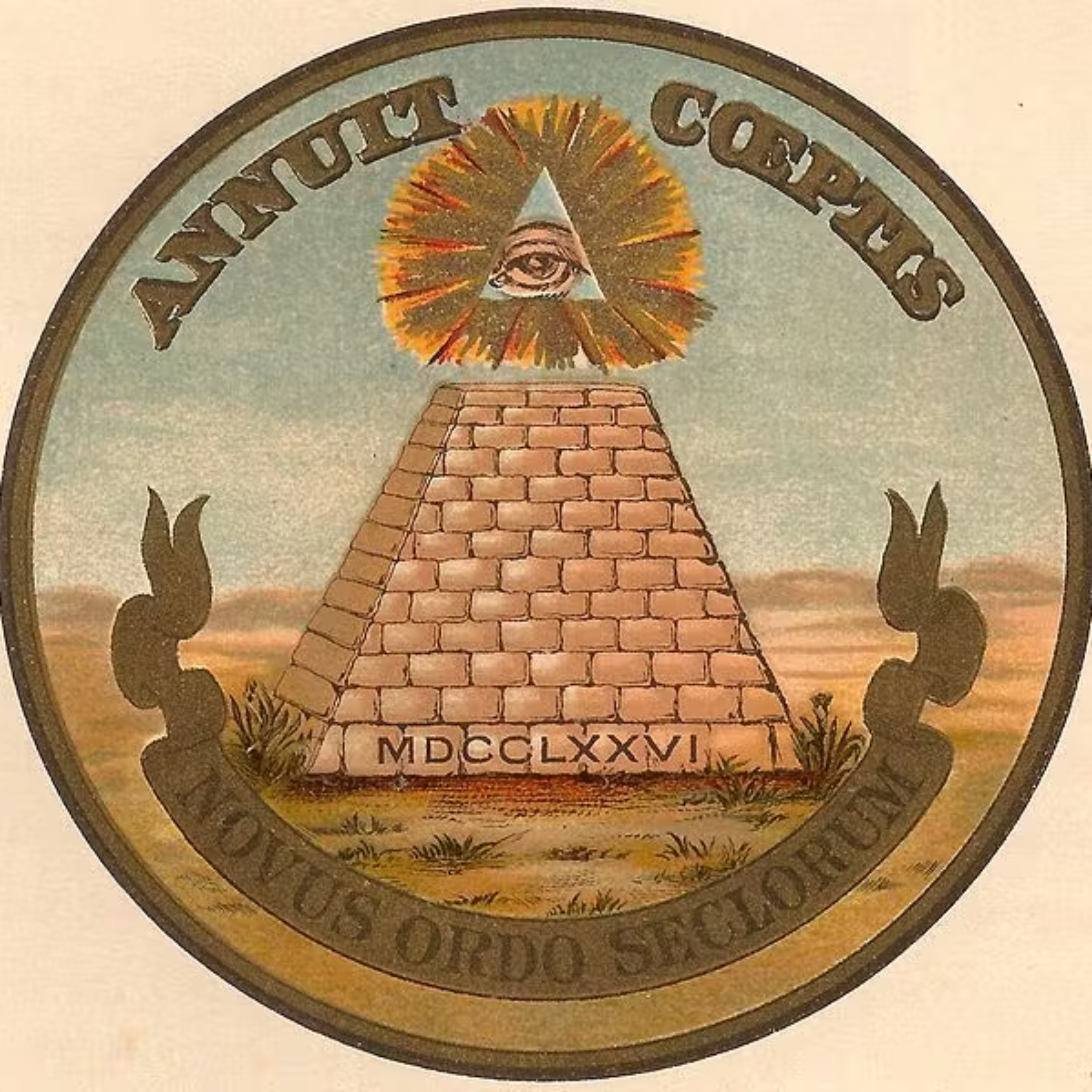Forbidden Archives: The Illuminati Conspiracy

Forbidden Archives: The Illuminati Conspiracy
Podcast Description
The Illuminati. A word that evokes images of power, secrecy, and global manipulation. But where did it really begin?
In this premiere episode of Forbidden Archives: The Illuminati Conspiracy, hosts Chris and Isabella explore the true story behind the Illuminati's origins. Far from satanic cults or celebrity cabals, the Illuminati began as a radical Enlightenment movement—founded by Adam Weishaupt in 1776 Bavaria. Its mission? To replace monarchy and religion with reason and liberty.
You'll learn how a short-lived intellectual society became one of the most feared secret groups in history.
Podcast Insights
Content Themes
The podcast explores themes of Enlightenment philosophy, secret societies, and conspiracy theories, with episodes detailing the radical origins of the Bavarian Illuminati, the influence of thinkers like Adam Weishaupt, John Robison's conspiracy theories, and cultural ramifications intertwined with modern fears of unseen power and manipulation.

The Illuminati. A word that evokes images of power, secrecy, and global manipulation. But where did it really begin?
In this premiere episode of Forbidden Archives: The Illuminati Conspiracy, hosts Chris and Isabella explore the true story behind the Illuminati’s origins. Far from satanic cults or celebrity cabals, the Illuminati began as a radical Enlightenment movement—founded by Adam Weishaupt in 1776 Bavaria. Its mission? To replace monarchy and religion with reason and liberty.
You’ll learn how a short-lived intellectual society became one of the most feared secret groups in history.
The excerpts reveal some aspects of the Illuminati's internal organization and practices, including:
- Cipher: The order utilized a cipher for communication, with a simple numerical and alphabetical key provided.
- Order Calendar: A unique calendar system based on Persian months was employed.
- Geographical Nomenclature: Provinces and cities within the order used coded names, often referencing ancient regions and cities (e.g., Bavaria as ”Achaia,” Munich as ”Athen”).
- Membership Records: Lists of members admitted between 1776 and 1779 are included, often with pseudonyms drawn from historical figures (e.g., ”Spartacus,” ”Cato”). These entries sometimes note the date of admission and potentially their role within the order (e.g., ”(Areopagita)”).
- Statutes and Principles: A section titled ”Statuten der Illuminaten” (Statutes of the Illuminati) outlines various principles and regulations. These include emphasizing mutual love, attention, and instruction among members (Statute 1); maintaining secrecy regarding ceremonies and the identities of superiors from lower-ranking members (Statute 2); and the gradual progression through different grades within the order based on age, character, and merit (Statute 3).
- Quote (Statute 1): ”Daß alle Liebe, Achtung, Unterscheidung, und ihrem Stand gemäß begegnet werde.” (That all love, respect, distinction, and treatment according to their rank be shown.)
- Quote (Statute 2): ”Darum soll allzeit jeder unter den Gränzen des Ceremoniels bleiben, um so mehr, wenn Mitglieder sich unter Profanen befinden…” (Therefore, everyone should always remain within the boundaries of the ceremonial, all the more so when members are among profane [non-members]…)
- Recruitment and Evaluation: The document includes questions posed to potential initiates (”Aufnahms=Protocoll”). These questions probe the candidate's motivations, beliefs, financial situation, and willingness to obey the order. The responses provided suggest a cautious and probing approach to recruitment, emphasizing secrecy and commitment to the order's goals.
- Quote (Question 1 of Recruitment Protocol): ”Ob er noch gedenke aufgenommen zu werden?” (Whether he still intends to be admitted?)
- Quote (Response to Question 3 of Recruitment Protocol): ”Der Bewegungs=Grund, der mich deter-minirt, in den Orden zu gehen, entspringt eben falls aus dem Endzweck, auf den der Orden den Adel abzielet; denn da derselbe dahin gehet, daß er den Uebelgesinnten zu stürzen suchet, den Wohlgesinnten aber aufzuhelfen, so nehme ich ganz gerne jene Pflichten auf mich, wodurch dieses kann ausgewirket werden.” (The motivating reason that determines me to enter the Order arises equally from the ultimate goal that the Order aims for regarding the nobility; for since it goes towards seeking to overthrow the ill-intentioned and to help the well-intentioned, I gladly take upon myself those duties through which this can be effected.)
- Emphasis on Secrecy and Obedience: Throughout the statutes and recruitment protocols, a strong emphasis is placed on secrecy, obedience to superiors, and discretion in discussing the order's affairs with outsiders.
- Quote (Statute 14): ”Stillschweigen ist das größte Gefäß… denn a) ist er kein ʘ Bruder, so ist die Gesellschafft verrathen. b) Ist er wirklich ein solcher, so weiß man nicht, ob er ein höherer, oder niedriger, oder auch ein gleicher, der es anzeigen kann.” (Silence is the greatest vessel… for a) if he is not an ʘ brother, the society is betrayed. b) If he is indeed one, one does not know if he is a higher, lower, or even equal rank, who can reveal it.)
Medium:- https://medium.com/@FalconMillenium

Disclaimer
This podcast’s information is provided for general reference and was obtained from publicly accessible sources. The Podcast Collaborative neither produces nor verifies the content, accuracy, or suitability of this podcast. Views and opinions belong solely to the podcast creators and guests.
For a complete disclaimer, please see our Full Disclaimer on the archive page. The Podcast Collaborative bears no responsibility for the podcast’s themes, language, or overall content. Listener discretion is advised. Read our Terms of Use and Privacy Policy for more details.